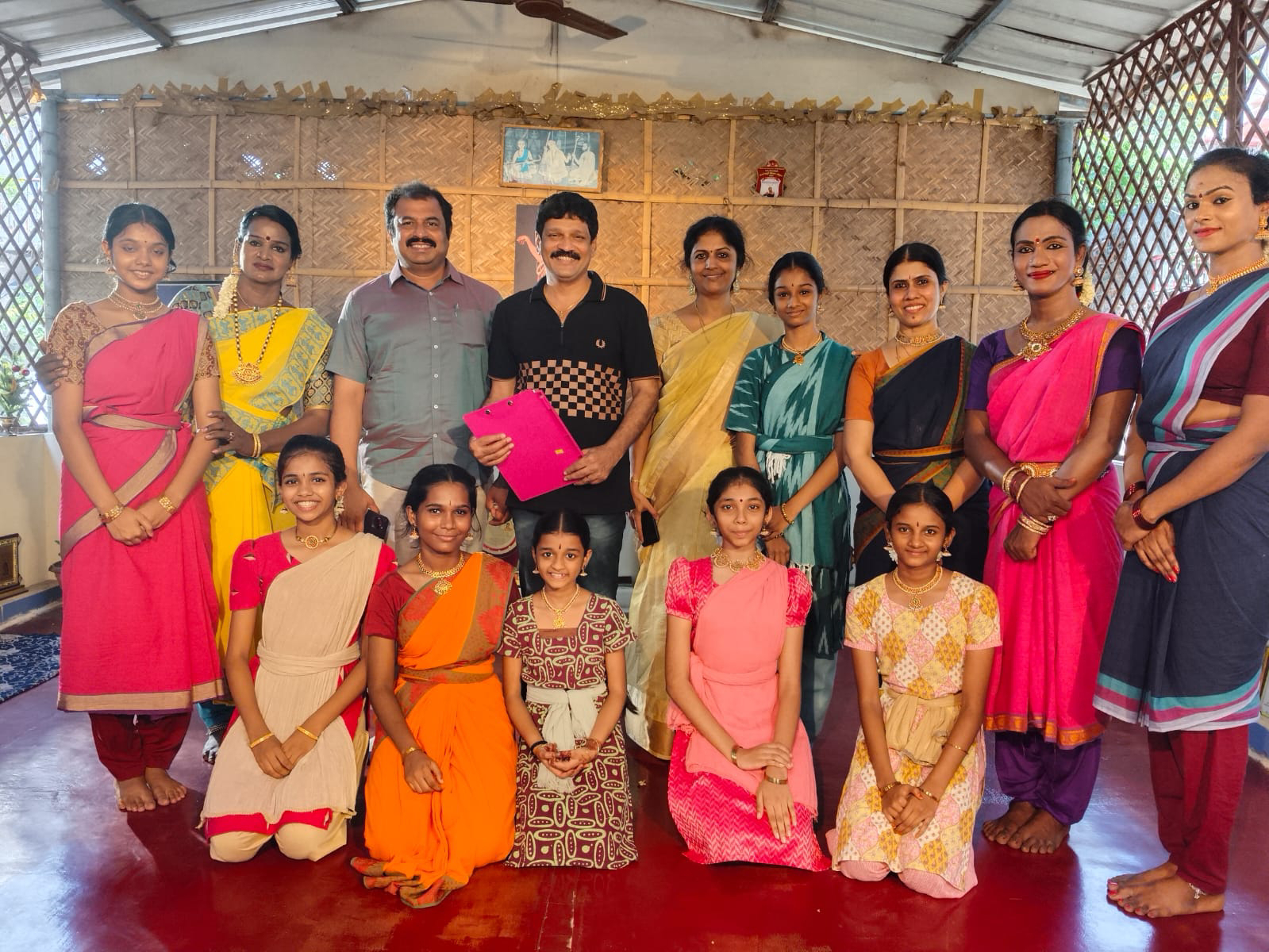Kumaara Sambavam Movie Review: A Tale of Cinema Dreams and Sambavams
Kumaara Sambavam Movie
Review: A Tale of Cinema Dreams and Sambavams
Kumaara Sambavam, directed and written by
Balaji Venugopal, features Kumaran Thangarajan in the lead role. Well-known for
his presence in the popular serial Pandian Stores, Kumaran makes a strong
transition to cinema with this film. He plays Kumaara, a young man passionate
about making films but struggling for financial support. His grandfather,
portrayed by G. M. Kumar, refuses to back him, setting up a conflict between dreams
and reality.
Alongside his ambition, Kumaara’s life
takes a romantic turn as he falls in love with a documentary writer, played by
Payal Radhakrishna. Her character is inspired by the socialist work of
Varadharajan, whose sudden death at Kumaara’s house becomes a significant
twist. This incident leads Kumaara to narrate Varadharajan’s story at a police
station, where the cop suffering from piles creates humorous situations that
lighten the mood of the film.
The screenplay continues with Kumaara
narrating his dream project to a producer (Livingston) in a hospital, while
parallelly the heroine’s grandmother, a coma patient, begins to recover in the
next room. Just as the grandfather finally decides to support Kumaara
financially, fate intervenes with his sudden death. Matters worse when
Varadharajan’s death causes complications in selling the grandfather’s land,
leading Kumaara into further unexpected sambavams (happenings).
Performances add great strength to the
film. Kumaran Thangarajan fits naturally into the role of an ambitious
youngster, delivering both emotional depth and lighter moments with ease. Payal
Radhakrishna gives a graceful performance, adding credibility to her role. G.
M. Kumar’s strong screen presence as the grandfather adds weight to the drama.
Bala Saravanan’s comedy portions, especially with the cop character, bring
subtle humor and stand out as a highlight of the movie. Livingston and
Kumaravel, in their respective roles, make their presence felt in the
narrative.
On the technical side, Jagadeesh’s
cinematography neatly captures the emotional and humorous beats of the story,
while Madhan’s editing ensures a smooth flow despite the shifts between drama
and comedy. Achu Rajamani’s music provides the right mood for different
situations, enhancing both sentiment and humor. Director Balaji Venugopal
deserves appreciation for weaving humor into serious storytelling, balancing
family emotions, social themes, and comedy without losing grip on the core
message. Kumaara Sambavam is a mix of dreams, humor, and unexpected turns,
making it an engaging entertainer.
Verdict: A humorous yet emotional tale of
dreams, family, and sambhavams.
.jpeg)
.jpeg)

.jpeg)






Comments
Post a Comment